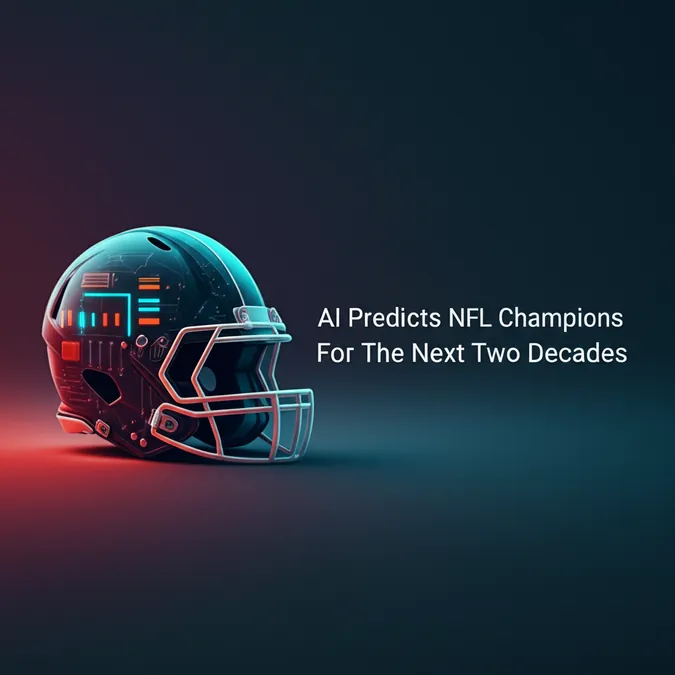Developer Offer
Try ImaginePro API with 50 Free Credits
Build and ship AI-powered visuals with Midjourney, Flux, and more — free credits refresh every month.
MIT Study Reveals How ChatGPT Affects Brain Activity
The Rapid Rise of AI in Daily Life
In recent years, the use of AI chatbots like ChatGPT has skyrocketed. These tools, which are built on large language models (LLMs), can generate human-like text, images, and information, and are now used by hundreds of millions of people every day. As we increasingly integrate this technology into our lives, it's starting to shape how we work and think.
While AI offers many benefits for both businesses and individuals, the long-term cognitive effects of relying on these tools have remained largely unexplored. However, a new study from researchers at MIT is beginning to shed light on the matter, and the initial findings are alarming.

The MIT Study: A Look Inside the Research
The recent research paper details a study involving 54 adults between the ages of 18 and 39. Participants were tasked with writing essays over three months and were divided into three groups:
- Group 1: Used ChatGPT for assistance.
- Group 2: Used Google searches for assistance.
- Group 3: Used no external tools, relying only on their own knowledge.
During the essay-writing process, researchers monitored the participants' brain activity using EEG machines. This allowed them to compare cognitive engagement across the different groups and track changes in each individual's brain activity over time.

Striking Results: What the Brain Scans Revealed
The differences in the EEG scans were striking. Unsurprisingly, the group that wrote without any AI assistance showed the highest levels of brain activity. They also demonstrated a greater sense of 'ownership' over their writing and were better able to recall what they had written.
In stark contrast, the ChatGPT group displayed alarmingly low neural and linguistic engagement. Their brain activity actually decreased with each new essay they wrote using AI. The group using a search engine fell somewhere in the middle. The researchers explained their findings:
“EEG analysis presented robust evidence that LLM, Search Engine and Brain-only groups had significantly different neural connectivity patterns... Brain connectivity systematically scaled down with the amount of external support: the Brain‑only group exhibited the strongest, widest‑ranging networks, Search Engine group showed intermediate engagement, and LLM assistance elicited the weakest overall coupling.”

The Broader Implications for Cognitive Health
So, what does this mean for the average person? The study suggests that while AI tools don't necessarily make you less intelligent, they can significantly reduce cognitive effort. The brain thrives on being challenged. When we outsource tasks like problem-solving, brainstorming, and critical thinking to AI, we deny our brains the exercise they need to stay sharp.
Ultimately, if we consistently rely on technology to do the thinking for us, our brains are going to feel the effects of that reduced workload.
Compare Plans & Pricing
Find the plan that matches your workload and unlock full access to ImaginePro.
| Plan | Price | Highlights |
|---|---|---|
| Standard | $8 / month |
|
| Premium | $20 / month |
|
Need custom terms? Talk to us to tailor credits, rate limits, or deployment options.
View All Pricing Details

